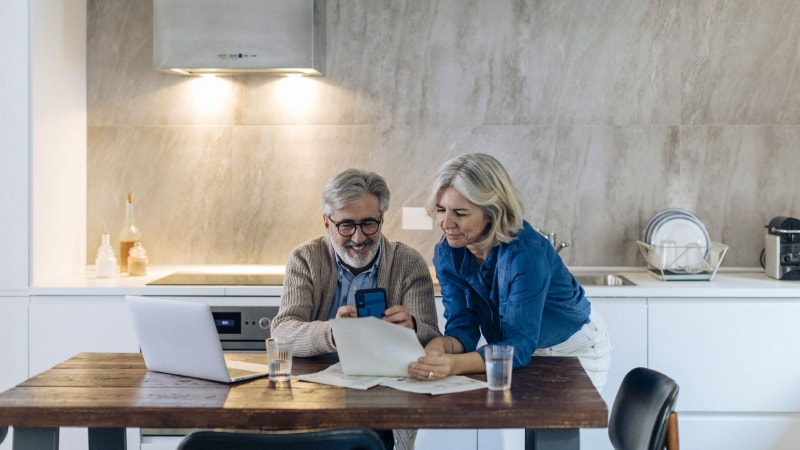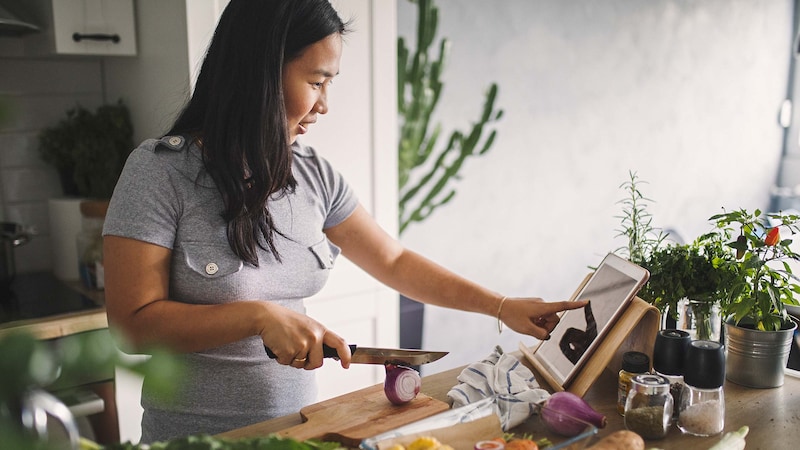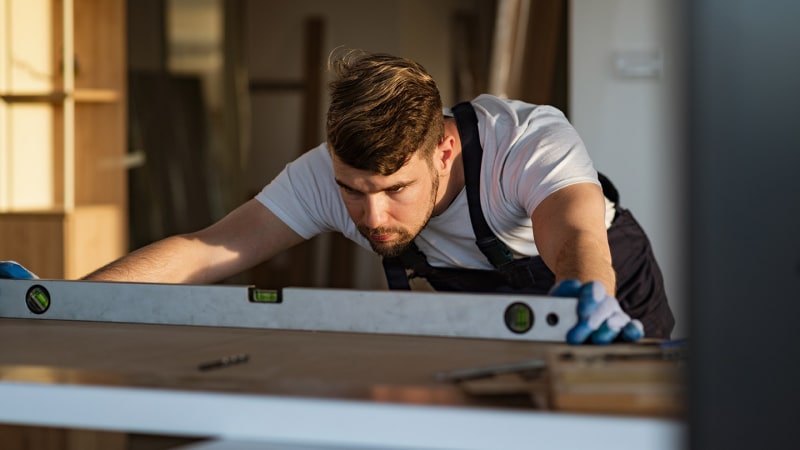Buying a second home after retirement

This article is for educational purposes only. JPMorgan Chase Bank N.A. does not offer Home Equity Loans nor Home Equity Lines of Credit (HELOC) at this time. Please visit our HELOC page for future updates. Any information described in this article may vary by lender.
Purchasing a home after retirement is often a common goal. Many retirees choose to downsize or move to a different location. Others buy a second home to use as a vacation home or investment property. No matter your reasons for buying a second home, planning ahead is always a good idea.
How to buy a home after retirement
Even if you've owned your current home for decades, you may remember some details about getting your first mortgage. As a retiree, you might notice some changes to the homebuying process that could bring about new challenges. Mortgage qualifications are tougher for second homes, which could mean you need a larger down payment and/or a higher credit score. Proving retirement income can be challenging as well. Before you apply for a mortgage, it's important to assess your income and consider your options for making a down payment.
Assess your income
After retirement, you may have multiple income streams and some valuable assets. Combining these income sources will likely be necessary when you apply for a mortgage. You may choose to combine any or all of the following income types that you'll need to prove you will receive over the next three years or longer.
- Social Security
- Pension
- Retirement accounts
- Spousal or survivor's benefits
- Income from investments
- Annuity income
Learn your down payment options
Maybe you've been planning to buy a second home for a while and have a significant down payment tucked away. Before you use up your savings, you need to consider what you'll have left for cost of living expenses and emergencies. Depleting your savings should always be a last resort.
Since a second home doesn't qualify for government-backed mortgages, you likely won’t be able to get a mortgage loan with an extremely low down payment. Additionally, your lender will likely expect you to make a 10% down payment, or more for a mortgage loan on a second home.
Is important to note that a 20% or higher down payment will help you combat the costs of a higher interest rate and having to pay Private Mortgage Insurance (PMI).
4 things to consider when buying a second home
Buying a second home may be a different experience than purchasing your primary residence. Planning ahead can help you overcome some of these difficulties, and may even make getting a mortgage easier. Consider these factors when looking to buy a second home.
1. Your retirement goals
Before you buy a second home, it's best to consider exactly how you will use it. The amount of time you'll be spending in the home will affect both the type of mortgage you qualify for as well as your down payment. Typically, a second home is considered a vacation home.
- Vacation home or primary residence: Deciding how much time you'll spend in your vacation home is necessary since you'll be required to list it as a primary or secondary home on your mortgage application. Mortgage rates may be slightly higher for a vacation home, and rules and restrictions against tenants or use of rental income may apply.
- Investment property: An investment property is defined as a property you purchase with the intent to make money. This can mean renting, house flipping or land development.
2. Additional costs
The responsibilities of homeownership are similar for a second home as for your primary residence. You need to consider the costs that go beyond your monthly mortgage payment such as routine repairs, furniture, appliances and rental. It's important to consider whether you're ready to take on these costs without depleting your savings.
3. Location
It's common for retirees to purchase a vacation home in a different location than their primary residence. It makes sense to choose a home in your favorite vacation destination or an area with a different climate.
Unfortunately, it's easy to forget that the cost of living could be considerably higher in these locations. Since costs vary from state to state, it's critical to understand the cost of living and property laws in your new location before making a final decision. Other factors that your location may affect include family visits, rental potential and local amenities to suit your personal needs.
4. Mortgage options
There are several mortgage options available for homebuyers. From conventional loans to using the equity in your current home, there are a variety of ways to get the loan you need for your second home.
- Conventional loans. If you have good credit and a reasonable debt-to-income ratio, you may qualify for a conventional mortgage for your second home. Just remember, you'll probably need at least 20% for a down payment.
- Home equity line of credit (HELOC). A HELOC allows you to borrow against your home's equity. It's important to remember that HELOCs typically have an adjustable mortgage rate which can change significantly over the life of your loan.
- Jumbo loans. Designed for more expensive properties, jumbo loans can be used to purchase a second home. These loans are riskier for lenders so you can expect a larger down payment, stricter lending requirements and higher credit score requirements. If you have significant assets, a jumbo loan might be a good choice for a more expensive second home.
- Cash-out refinance. If your first home is paid off, or you have significant equity, you may be able to get some of your home's equity in a cash-out refinance. If you can afford the higher payments on your first home, this will allow you to make a large down payment or purchase your second home with the funds.
Common reasons retirees choose to purchase a second home
Owning two or more properties isn't uncommon among retirees, and investing in property you can afford can be lucrative. There are many reasons retirees choose to purchase a second home. These are the most common reasons.
- Enjoy more of your retirement in your favorite vacation spot.
- Purchase a home that will become your primary residence after you retire.
- Enjoy the best of both worlds with a vacation location you can visit frequently and receive limited rental income when you're not using the home.
- Move to your retirement home and rent out your first home for additional income.
Whether you've already retired or you're planning ahead, preparing for a second home purchase is important. Learning about your mortgage options and how to make the most of your investment can help. There are many options available for retirees who wish to purchase a second home. Talk to a Home Lending Advisor to learn more about buying a second home after retirement.



